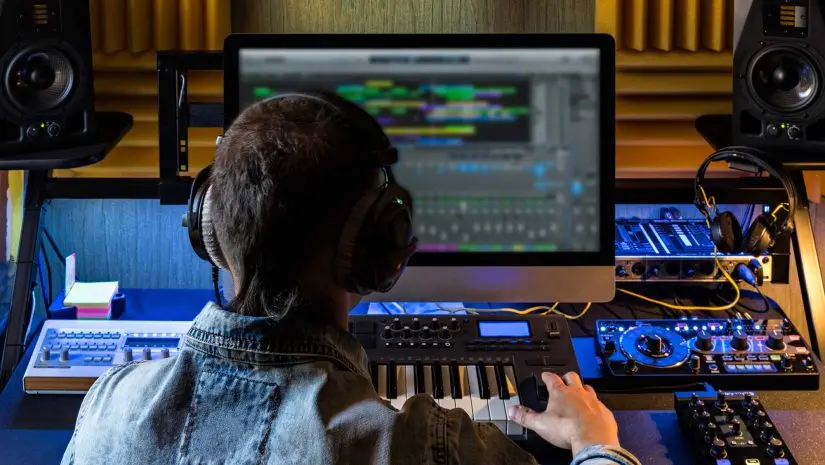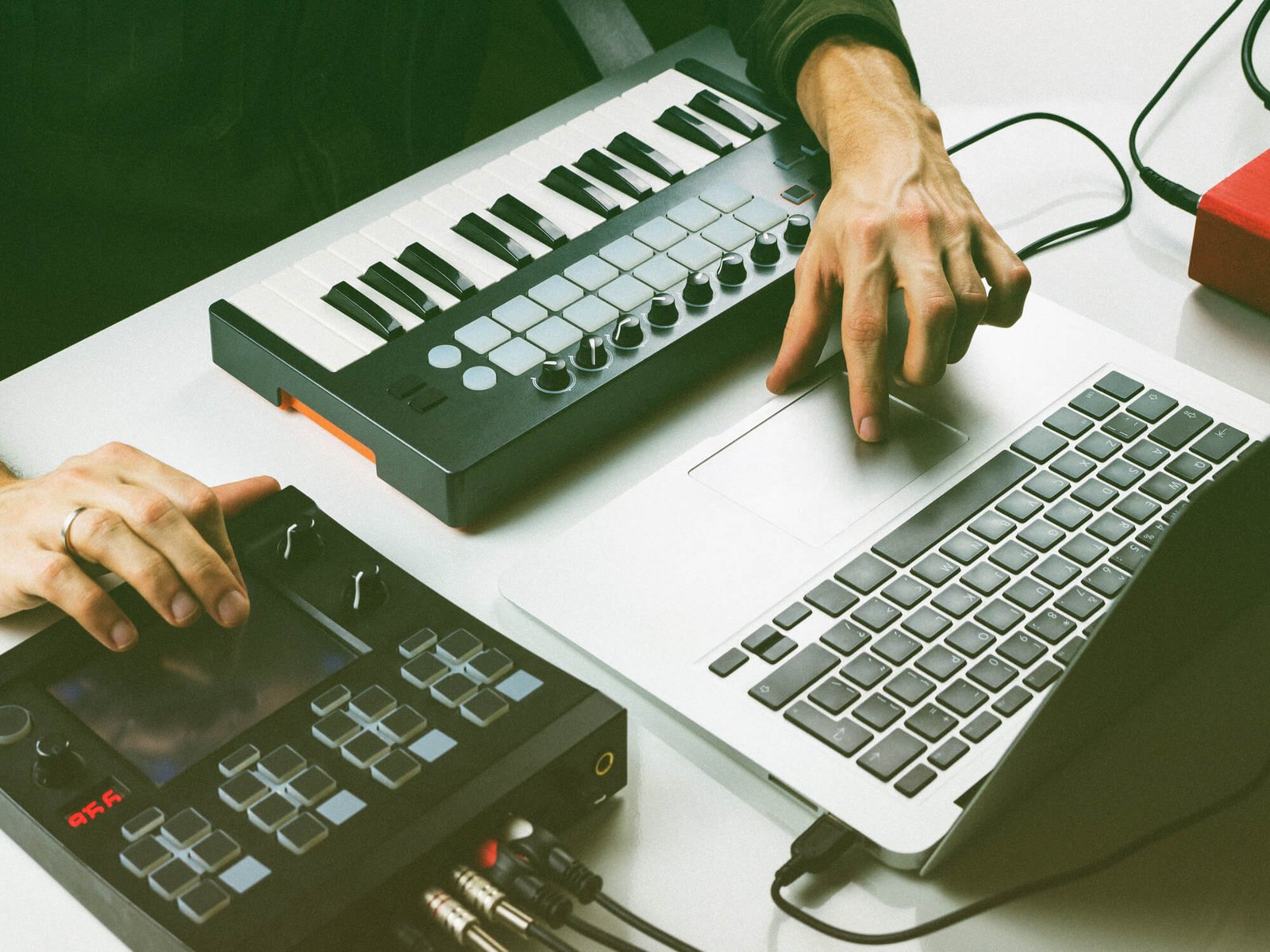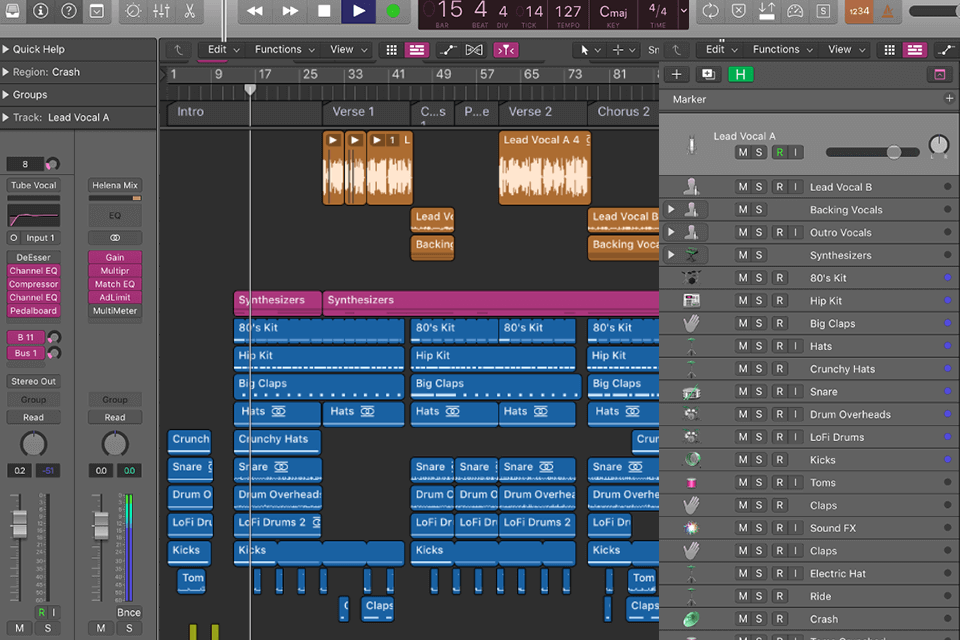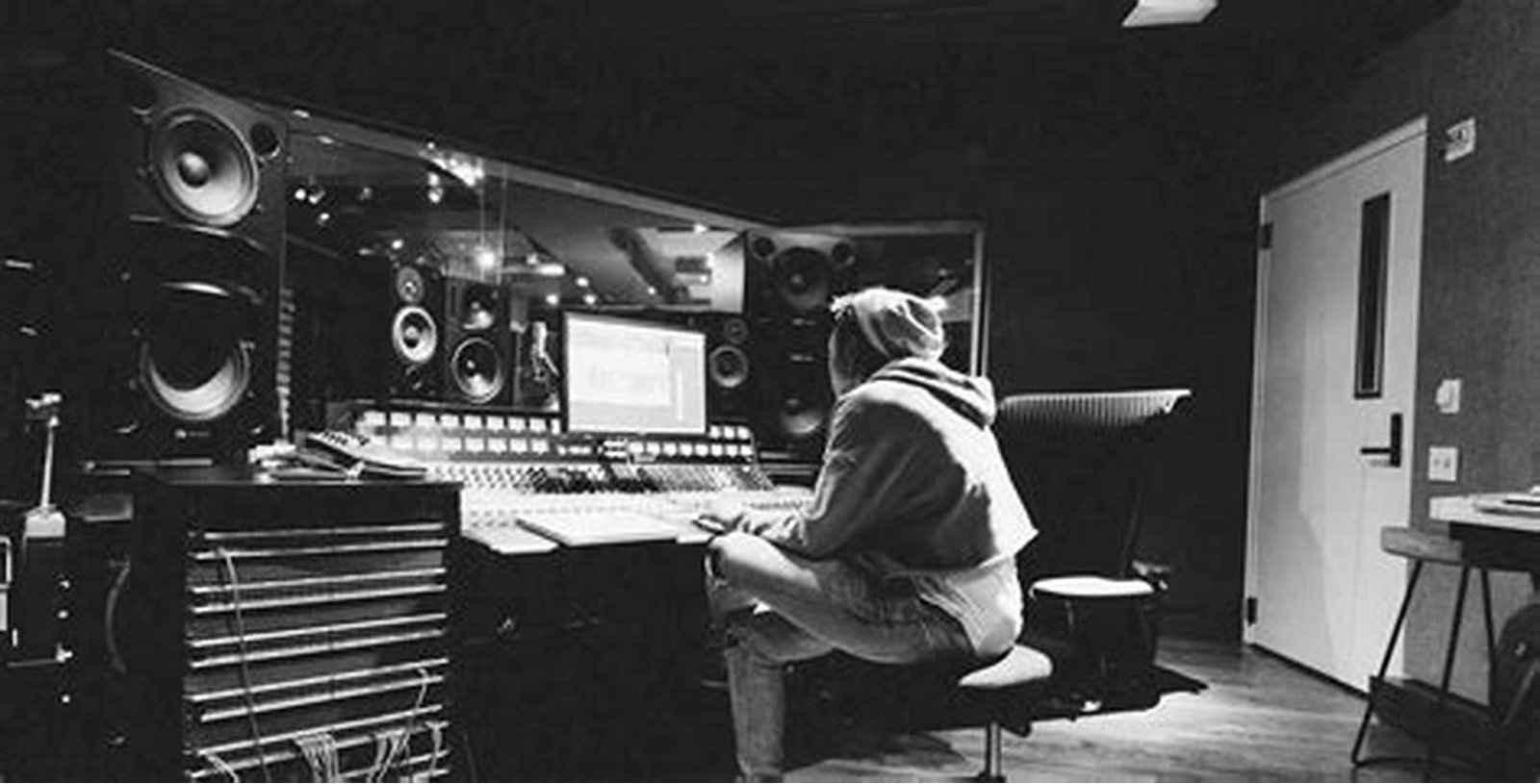When it comes to live music production, the goal is to create an unforgettable experience for both the audience and the performers. Producing a live show involves a variety of elements, from sound engineering to lighting design, all working together to enhance the overall performance. In this article, we’ll share essential practices for successful live music production that can help you create a memorable event.
Understanding the Basics of Live Music Production
Before jumping into the nitty-gritty of live music production, it’s crucial to understand the basics. This includes knowing the roles of different team members involved, such as the sound engineer, lighting technician, and stage manager. Each person plays a vital role in ensuring that everything runs smoothly. Understanding these roles helps in coordinating efforts during a live performance.
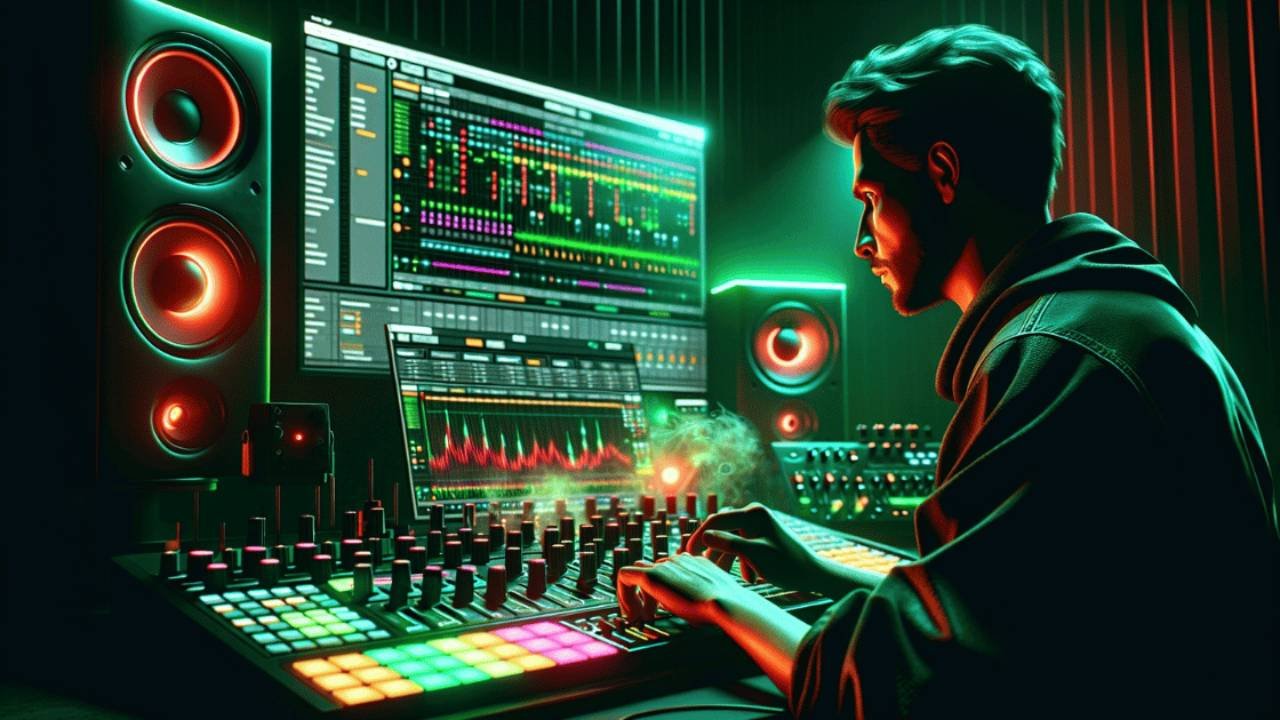
Planning Ahead
One of the most critical aspects of live music production is thorough planning. Start by outlining your goals for the event, including the desired atmosphere and technical requirements. Consider the venue size, expected audience, and any unique elements you want to incorporate. This planning phase sets the foundation for a successful production.
Additionally, create a timeline leading up to the event. This timeline should include rehearsals, equipment checks, and setup times. By planning ahead, you can minimize potential issues that may arise on the day of the event.
Choosing the Right Equipment
Selecting the right equipment is essential in live music production. Invest in quality sound systems, microphones, and instruments that suit the type of performance. Make sure you understand the technical specifications and capabilities of each piece of equipment. This knowledge helps you make informed decisions when setting up for the show.
Moreover, consider backup equipment. Things can go wrong during a live performance, and having spare microphones, cables, and speakers can save the day. Always have a plan B, especially when it comes to technology.
Conducting Sound Checks
Sound checks are a vital part of live music production. They allow you to test all the equipment and ensure that everything is working correctly. Schedule sound checks well in advance of the performance, preferably the day before. During the sound check, check each microphone, instrument, and speaker to ensure optimal sound quality.
Encourage the performers to test their equipment as well. This collaboration not only helps identify potential issues but also allows artists to adjust their sound to match their preferences.
Designing the Stage Setup
A well-thought-out stage setup is crucial for live music production. The arrangement should enhance the performance while ensuring safety for everyone involved. Consider sightlines for the audience and the performers’ visibility. Make sure that the stage is spacious enough for the artists to move around comfortably.
Incorporate visual elements, such as backdrops and props, to add depth to the performance. Lighting plays a significant role here as well. Use a mix of colors and effects to create an engaging atmosphere that complements the music.
Managing the Audience Experience
Creating a positive audience experience is essential in live music production. Ensure that the sound quality is excellent and that the performers are visible. Keep the audience engaged with interactive elements, such as audience participation or visual displays.
Additionally, consider the overall flow of the event. Plan the setlist and transitions between songs to maintain energy and excitement. A well-paced performance keeps the audience captivated and encourages them to stay engaged.
Communication is Key
Effective communication among team members is crucial for successful live music production. Establish clear lines of communication between all parties involved, including the artists, sound engineers, and stage crew. Use headsets or walkie-talkies for real-time communication during the event.
Hold regular meetings to discuss plans, roles, and responsibilities. Keeping everyone informed reduces confusion and helps the event run smoothly.
Embracing Flexibility
In the world of live music production, flexibility is key. Even with the best planning, unexpected issues can arise. Whether it’s technical difficulties, weather changes, or last-minute requests from the performers, being adaptable is essential.
Stay calm and think on your feet. If something doesn’t go according to plan, find a solution quickly. This ability to adapt ensures that the show goes on, regardless of the challenges faced.
Gathering Feedback
After the event, take the time to gather feedback from both the audience and the performers. This input is invaluable for improving future productions. Ask questions about the sound quality, stage setup, and overall experience.
Reflect on what worked well and what could be improved. Use this feedback to refine your practices for live music production, making each event better than the last.
Conclusion
Mastering live music production requires a blend of planning, technical knowledge, and creativity. By implementing these practices, you can create an engaging and memorable experience for everyone involved. From understanding the basics to embracing flexibility, these strategies will help you navigate the challenges of live performances. Remember, every event is an opportunity to learn and grow, so take the insights gained from each production to elevate your future projects.



